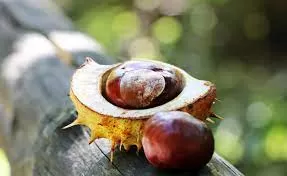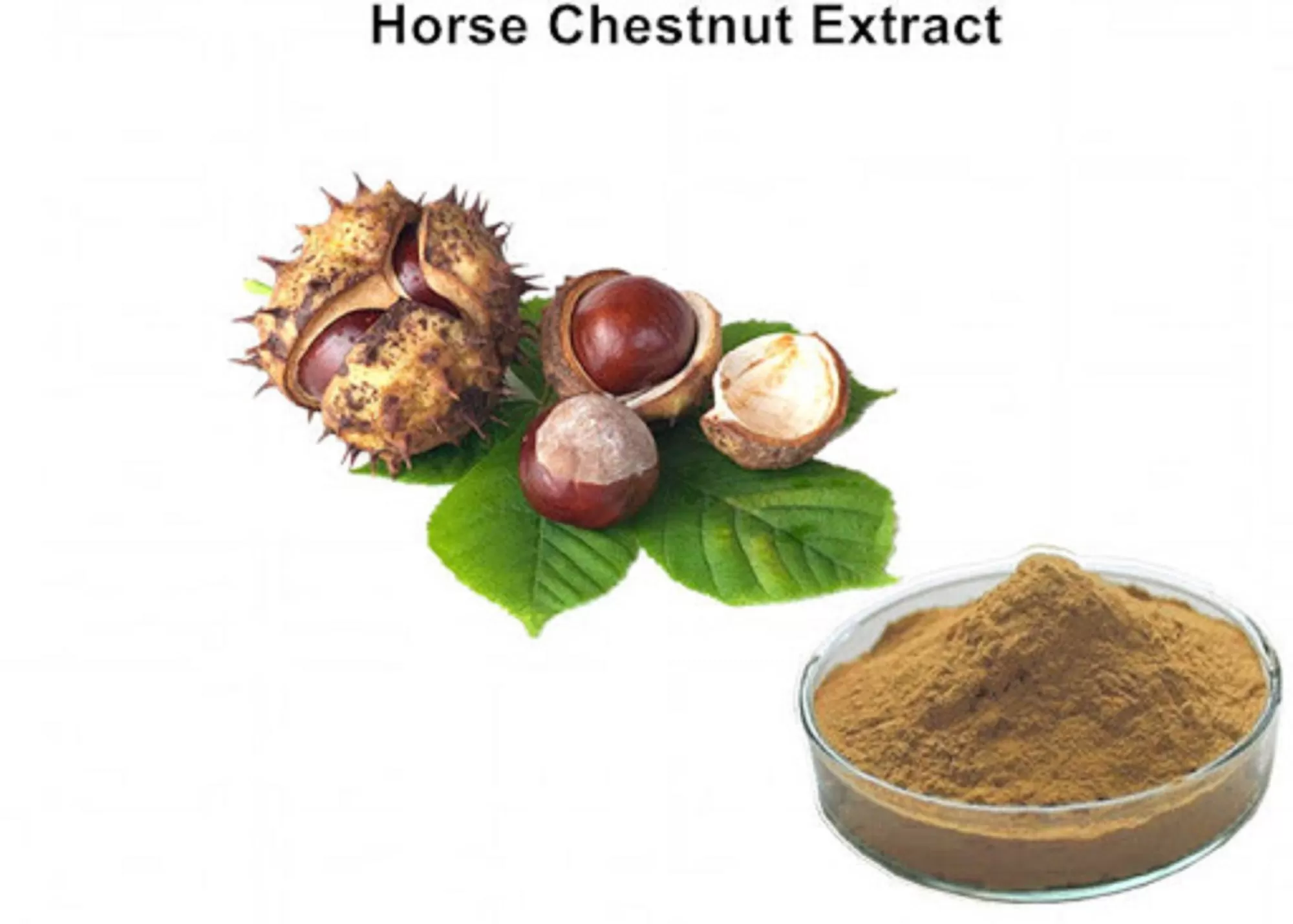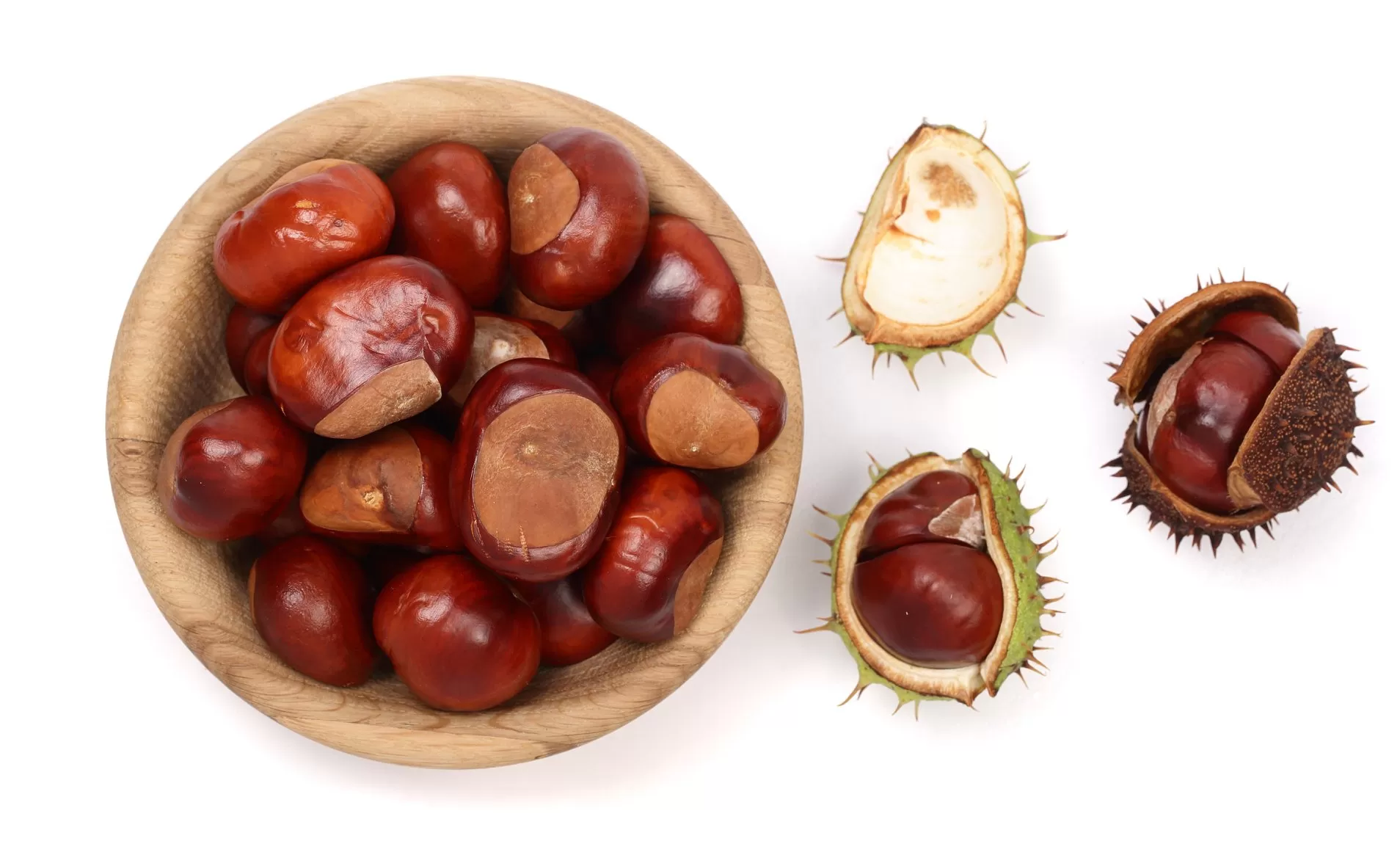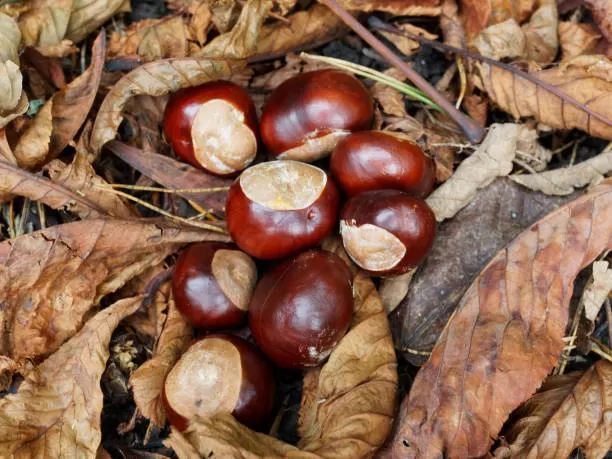- 0086-571-85302990
- sales@greenskybio.com
The Sleep-Inducing Properties of Chestnuts: Fact or Fiction?
2025-04-28
In an increasingly restless world, where the demands of modern life often encroach upon our ability to achieve restful sleep, individuals and researchers alike tirelessly search for natural solutions to enhance sleep quality. Among various dietary interventions considered for improving sleep, chestnuts have emerged as a potential ally in promoting better sleep. But do chestnuts genuinely help you sleep, or is their reputation more fiction than fact? This article delves into the nutritional profile of chestnuts, examines scientific studies, and evaluates their potential impact on sleep.
Nutritional Profile of Chestnuts
Chestnuts are often celebrated for their rich flavor and nutritional benefits. Unlike other nuts, chestnuts are relatively low in fat but high in carbohydrates—primarily complex carbohydrates that provide energy over an extended period. They are also a valuable source of vitamins and minerals, including vitamin C, vitamin B6, folate, and magnesium. Additionally, chestnuts contain dietary fiber, which is beneficial for digestive health.
One of the more intriguing aspects of chestnuts is their content of specific bioactive compounds, such as polyphenols and certain amino acids, which may have implications for sleep. Among these, the amino acid tryptophan is of particular interest due to its well-known role in sleep regulation.
Tryptophan and Sleep
Tryptophan is an essential amino acid that serves as a precursor to serotonin, a neurotransmitter vital for regulating mood and sleep. In turn, serotonin is converted into melatonin, the hormone responsible for controlling sleep-wake cycles. Given this biochemical pathway, foods containing tryptophan are often considered beneficial for promoting sleep.
The concentration of tryptophan in chestnuts is noteworthy, although not as high as in some other foods like turkey or dairy products. The question is whether the presence of tryptophan in chestnuts is sufficient to alter sleep patterns positively. While consuming tryptophan-rich foods can increase the availability of this amino acid, other factors, such as the overall diet and lifestyle, also influence its effectiveness in enhancing sleep.
Scientific Studies on Chestnuts and Sleep
Scientific reviews and trials have specifically focused on the overall dietary impact on sleep quality, rather than chestnuts alone. Most research evaluates dietary patterns rich in various nutrients, including magnesium, tryptophan, and other bioactive compounds. Magnesium, abundant in chestnuts, plays a critical role in sleep quality by aiding relaxation and reducing inflammation.
A study published in the Journal of Medicinal Food explored foods and nutrients associated with better sleep and included magnesium, vitamin B6, and tryptophan among the highlighted components. While the study didn't focus explicitly on chestnuts, their nutrient profile makes them contenders for sleep-friendly foods. Moreover, magnesium’s potential to enhance sleep has been corroborated by several studies, which point to its ability to regulate neurotransmitters involved in sleep.
The Role of Dietary Fiber
Another aspect that indirectly links chestnuts to improved sleep is their high dietary fiber content. Adequate fiber intake is associated with improved digestion and stability in blood sugar levels, both of which can contribute to better sleep quality. Stable blood sugar levels prevent nighttime awakenings due to hunger or fluctuations in energy and mood, which are known to disrupt sleep. Therefore, incorporating chestnuts as part of a balanced diet might contribute to the overall harmony necessary for restful sleep.
Making Chestnuts Part of a Sleep-Friendly Diet
While chestnuts alone may not be a magic bullet for sleep issues, they can be part of a balanced diet promoting better sleep. When considering dietary changes to enhance sleep, it’s essential to account for an overall pattern that includes a variety of nutrients known to aid relaxation and sleep. This includes foods rich in tryptophan, magnesium, and other sleep-supportive compounds—where chestnuts can integrate seamlessly.
Here are some practical tips for incorporating chestnuts into your diet for the benefit of improved sleep:
1. Combine with Other Sleep-Friendly Foods: Pair chestnuts with foods high in tryptophan, such as turkey or tofu, to enhance the availability of this sleep-inducing amino acid.
2. Evening Snack Option: Enjoy a small serving of roasted chestnuts as an evening snack. The combination of fiber and complex carbohydrates may help stabilize blood sugar levels overnight.
3. Include in Balanced Meals: Integrate chestnuts into dinner recipes, such as soups, stews, or salads, alongside green leafy vegetables which are high in magnesium.
4. Consider Lifestyle Factors: Diet is just one piece of the puzzle. Adequate physical activity and limiting exposure to electronic screens before bed can complement dietary changes for improved sleep.
Conclusion
In conclusion, while chestnuts contain several nutrients that indirectly support sleep, their impact must be considered within the broader context of a balanced diet and healthy lifestyle. Chestnuts offer nutritional benefits that, when combined with other sleep-supportive practices, can aid in achieving restful, rejuvenating sleep. As research continues to explore dietary impacts on sleep, chestnuts remain a valuable food worthy of inclusion in a diet developed for optimal sleep health.
- ▶ Hesperidin
- ▶ citrus bioflavonoids
- ▶ plant extract
- ▶ lycopene
- ▶ Diosmin
- ▶ Grape seed extract
- ▶ Sea buckthorn Juice Powder
- ▶ Beetroot powder
- ▶ Hops Extract
- ▶ Artichoke Extract
- ▶ Reishi mushroom extract
- ▶ Astaxanthin
- ▶ Green Tea Extract
- ▶ Curcumin Extract
- ▶ Horse Chestnut Extract
- ▶ Other Problems
- ▶ Boswellia Serrata Extract
- ▶ Resveratrol Extract
- ▶ Marigold Extract
- ▶ Grape Leaf Extract
- ▶ blog3
- ▶ blog4
- ▶ blog5
-
Is horse chestnut FDA approved?
2025-04-28
-
Does horse chestnut affect blood pressure?
2025-04-28
-
Is horse chestnut extract safe?
2025-04-28
-
Is horse chestnut good for your legs?
2025-04-28
-
Curcuma Longa Extract
2025-04-28
-
Lily extract
2025-04-28
-
Golden Seal Extract
2025-04-28
-
melatonin extract
2025-04-28
-
Almond Extract Powder
2025-04-28
-
Angelica sinensis extract
2025-04-28
-
Dandelion Leaf Extract
2025-04-28
-
Yam Extract
2025-04-28
-
Kupilu Extract
2025-04-28
-
Grape Leaf Extract
2025-04-28






























